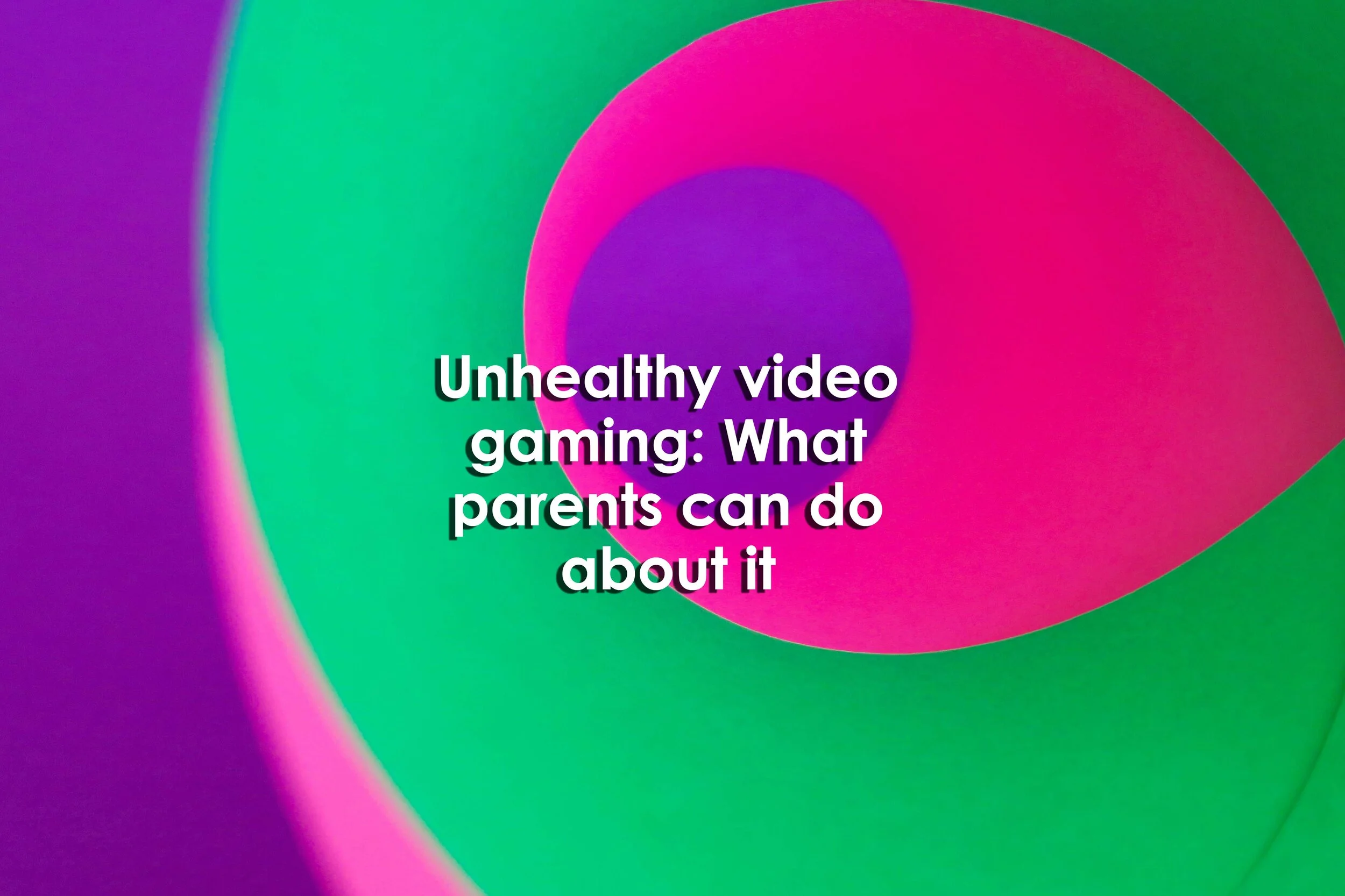Unhealthy video gaming: What parents can do about it
Unhealthy video gaming: What parents can do about it
Unhealthy video gaming: What parents can do about it
By Dr. Claire McCarthy
November 1, 2020
Summary
As we watch our children and teens use screens more often to play video games during the COVID-19 pandemic, many parents wonder: How much is too much?
After your kids log off from school and homework for the day, is it OK if they spend a few hours gaming with their friends? When video game lives replace real-life time with family and friends, is it a sign of addiction?
Let's explore why video games are so appealing to kids and what parents can do to keep gaming in check.
Playing video games is a fun and normal part of teenage life.
During a six-year study, they noticed about 10% of adolescents had symptoms of unhealthy gaming that got worse over time.
Signs of unhealthy gaming habits include when a child is obsessed with gaming, and becomes sad, irritable or anxious when gaming is taken away; wants more and more gaming and is unable to cut down or quit; is no longer interested in other activities they used to enjoy; lies about how much time they spend gaming; or uses gaming to relieve a bad mood.
There are a few things parents can do to prevent unhealthy video game habits from happening.
Be mindful about how your child uses electronic devices and video games and what games and apps your child is downloading.
Parents who are hooked on gaming may be more prone to depression.
If you are struggling to limit how much time you spend playing video games, know that it's OK to get help.
Reference
McCarthy, C. (2020, October 30). Unhealthy video gaming: What parents can do about it. Retrieved November 16, 2020, from https://www.dailyherald.com/entlife/20201101/unhealthy-video-gaming-what-parents-can-do-about-it


